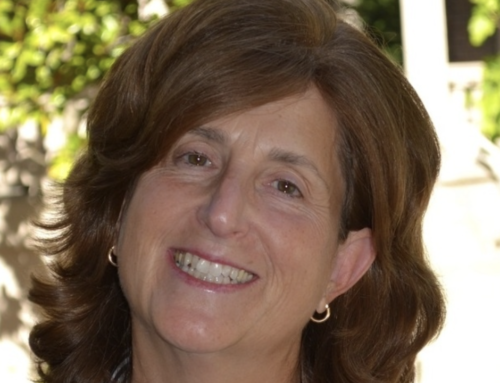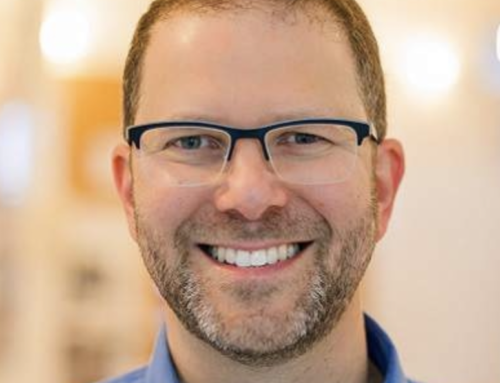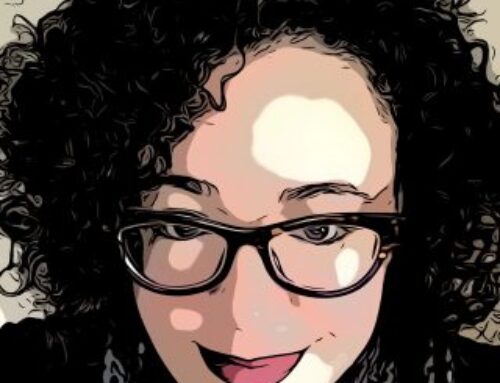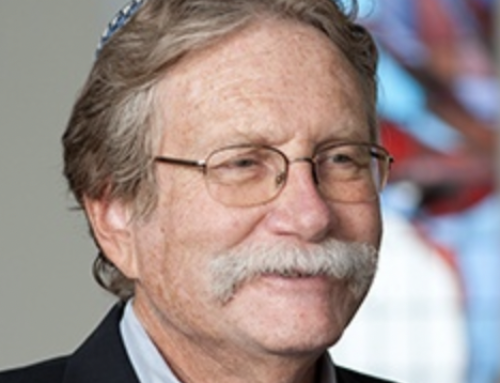Since the May 2020 killing of George Floyd, there has been an explosion of interest in understanding the roots of systemic racism in America. Rooting out racism in America requires every ethnic and religious community to look at its own cultural heritage and come to grips with the implicit bias that it might contain.
I brought this newfound consciousness to the passage in Exodus (19:5-6) that is the source for the concept of Jews as “the chosen people”:
“If you will obey Me faithfully and keep My covenant, you shall be My treasured possession among all peoples. Indeed, all the earth is Mine. You shall be to Me a kingdom of priests and a holy nation…”
I am well aware of how it is possible to spin this passage in ways that soften it. Jews are the “choosing people”; Jews take it upon themselves to bring ethical monotheism to the world; Jews need to live in accordance with a higher standard of morality.
But that is not what the Biblical text says.
It says that God selected the Jews to be His special people, choosing them from all the other people in the world. And I also know how many Jews seize upon the idea of Jews as the chosen people to support their belief that Jews are smarter, better and more deserving than gentiles.
Many Jews today want to help rid our society of systemic racism and serve as good allies to communities of color. But in addition to the required “homework” that we have to do to root out the many ways that White privilege reinforces the marginalization of people of color in all sectors of society, we also have homework to do as American Jews.
The chosen people idea may strike us as benign and a source of ethnic pride. Yet if we understand the extent to which ethnocentrism perpetuates a belief in a hierarchy of human worth (Jewish superiority), then we must recognize the idea of “choseness” is a barrier to a world in which every human being is seen as made in the image of God, worthy of respect and honor.
*See the full version of this article here.





